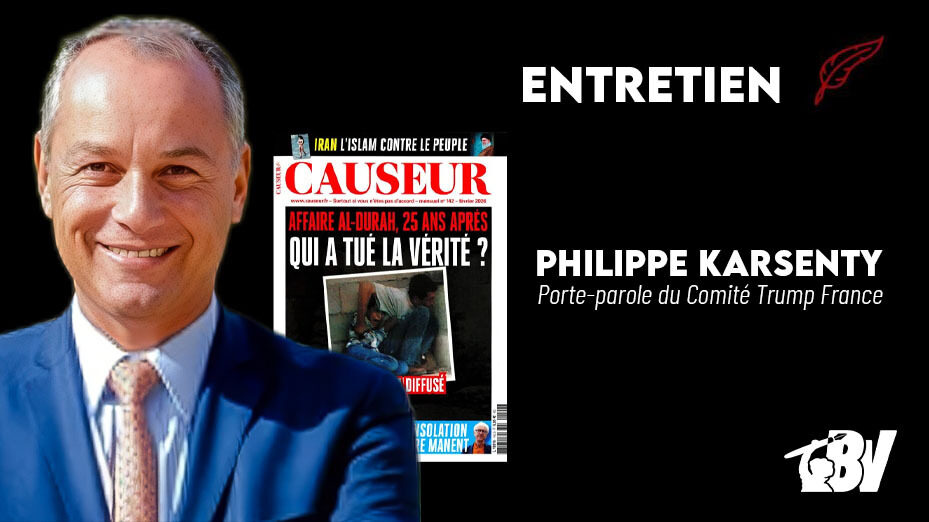 |
Voting in a Danish school's baseball court: the white paper in the voters' hands is their IDs,
and thus the proof of their identity (those dirty scoundrels must all of 'em be racists!)
|
What to you mean, No Pasarán, with those provocative questions, "Why are you calling Denmark a white supremacist country, Joe Biden? Why are you calling Africa a racist continent, Barack Obama?"?!
[That quote was the original title of this post, which first appeared in March 2021. An argument that has not been made enough regarding the 2026 SAVE act is that just about all the European countries — who, remember, are invariably being held up by Democrats as outstanding models that America should emulate — request voter ID, without their minorities or the recently-married EU wives (of whichever race) seemingly losing their power to vote. Back to the question in the title:]
When have AOC, Joe Biden, or Barack Obama ever said that?! Are you bonkers?!
That's just the problem, dear reader: they have not said that.
But they should. According to the Democrats' own logic.
Actually…
Actually, scratch that: it turns out that, according to the Democrats' own logic, they have in fact said that, or, if you prefer, they have implied it…
After all, if demanding voter IDs is symptomatic of racism and indicative of a Jim Crow culture, then Denmark is one hell of a racist (and rotten) kingdom, because it is a nation in which — horror of horrors! — you cannot go into the booth on voting day and vote unless… (wait for it) you produce… a special voting ID.
For each election (national, regional, and/or local) in the land of Hamlet, the voter gets a card in the mail, valid for that election day alone, and it must be presented when you go to the polls — in person, of course — and after being handed over, the voter's name is ticked off on the voting rolls before he enters the booth.
Further South, in France, the nation's electoral card lasts for 12 elections (national, regional, and/or local), duly stamped, after which it must be renewed. In addition, in any town or city with more than 3,500 citizens, the voter must also present a regular ID.
The details, and the specifics, may change, but in all cases, there is some sort of an ID to be presented in order to vote.
Aren't you outraged, drama queens?!
 Aren't you outraged by the hatred, locofocos?! — by the bigotry?! — by the racism?!
Aren't you outraged by the hatred, locofocos?! — by the bigotry?! — by the racism?!
Indeed, there is scarcely a country in Europe, as well as in Africa (including the Obama family's ancestral Kenya), Asia, Oceania, and South America — nor, for that matter, is there one among either of the USA's immediate neighbors, Canada and Mexico — where you do not have to present some sort of ID when you go to the polls. (And here I include even the autocracies and the pretend democracies…)
And therefore it stands to reason that every single country in Europe, Africa, Asia, Oceania, and the Americas is forever embroiled in the era of Jim Crow relics.
Because there does not seem to be a single place on this planet — those rotten spitbowls, all of 'em! — where ideas akin to those found in HR1 are even entertained.
Lack of voter ID: No thanks.
Mail-in ballots: Non merci.
Acceptance of ballots up to eight days after the polls have closed: Nein danke.
Etc: Nej. Nei. Nyet. Non.…
The only place where there are attempts to make those thing happen turns out to be… the United States of America.
It is the dreamers' attempt to "fundamentally transform the United States." (See The Leftist Worldview in a Nutshell: A World of Deserving Dreamers Vs. Despicable Deplorables.)

There is a caveat — one humongous whale-size piece of a caveat — to all this, a caveat which the reader (whatever his or her nationality) must absolutely become aware of:
Offhand, it might sound like the USA alone is in the process of turning into a banana republic (if it hasn't done so already), while every other country has more or less common sense voting laws (whether they reflect the reality of the situation in the particular country or not).
In a sense, yes, that is true.
But a deeper truth is that there is one thing we must not forget: most other countries have no such things as the electoral college. And other countries have no such thing as the filibuster. (Or equivalents thereof.)
What this means is that is that the (more populated) city vote always prevails over the countryside vote. And what does "the city" mean? What does it entail? It means dependent (helpless?) citizens, it means a greater need for assistance, it means a vaster bureaucracy, it means anonymity, it means corruption, it means inside deals, and it means lots and lots of bureaucrats who "are here to help" (aka compassion (sic)).
In other words, these countries, whatever their names (la République française, the German Democratic Republic, etc…) are functions of (at best) democracies rather than republics.
This is why the vast majority of other nations have no organization with the strength of the Republican Party (or of the Libertarians), certainly not at the level inside the U.S.A. (even when naïve RINOS dilute the strength of their own side).
This, in turn, explains why foreigners always oppose the USA's GOP (see November 2020 election) — often religiously — why foreigners always join Democrats in criticizing, ridiculing, and demonizing the flyover Americans, and why foreigners always support Democrats in their dreams to "fundamentally transform the United States."
Foreigners support making the USA not into a one-party nation per se, but into a nation like their own, a democracy where the drama queens of basically some kind of (more or less rigid) pro-government party are always at the helm and where élites rule over the respective nations' unruly deplorables — whose youngsters are invariably being indoctrinated by the respective school systems.

I will end this post by saying that, needless to say, there is nothing new about this and by quoting a nine-year-old post where I said much the same as above, but while using slightly different language and arguments. If you have the time…
In July 2012, the Economist ended an article on voter fraud with the sentence:
it would be awkward, to say the least, if Mr Romney won because new laws kept some of Mr Obama’s supporters from voting.
And I had the following reaction:
Would it not be far worse if Barack Obama — or if either candidate, really — won because the absence of a voting law allowed fraudulent voters from his party (with or without the candidate's consent) to steal the election?
In the latter case, a candidate might win as a result of a crime — a crime which election and law officers were deliberately prevented from detecting. In the (hypothetical) case you mention, his adversary might win because of the unintended consequences in the fight against crime, which is surely a distinction worth making.
To take another (far worse) crime, how prevalent is murder? Not very, if you take the statistics in percentage (something like 0.0048 %). Well, no matter how rare murder is, you still need to criminalize it as much for justice — to bring perpetrators (however rare they may be) to justice — as for prevention — to prevent people from being tempted to use it.
 The last I heard, one needs some sort of poll card to cast a ballot in Britain, as indeed one does in every other democracy on this planet. Due to the Democrats' hysterical race-baiting, we have been subjected to the (absurd) spectacle of being the only country where having this (common-sense) requirement can only be viewed as vile, outrageous prejudice. Well, if it is racist to require voter ID in America, then Britain and every other democracy on the planet (including, of course, in Africa) can only qualify as racist as well.
The last I heard, one needs some sort of poll card to cast a ballot in Britain, as indeed one does in every other democracy on this planet. Due to the Democrats' hysterical race-baiting, we have been subjected to the (absurd) spectacle of being the only country where having this (common-sense) requirement can only be viewed as vile, outrageous prejudice. Well, if it is racist to require voter ID in America, then Britain and every other democracy on the planet (including, of course, in Africa) can only qualify as racist as well.
The height of ridicule occurred when Democrats organized hearings in Washington to hear the sob stories of these oppressed masses. Except that in order to get out-of-state to DC, the wretched martyrs who find it such a hardship getting around their home towns managed to board an… airplane by showing an… ID.

Related: • Of the 47 countries in Europe today — the nations and the continent that the Democrats are always telling us to emulate — 46 of them currently require government-issued photo IDs to vote
• Voter ID: Apparently not allowing minorities to cheat is a form of racial oppression
• In America, we learn from the French newspaper Le Monde (in July 2013),
Most of the 39 Million African-Americans Do Not Have an ID to Vote
• If the Democrats learned anything from their 2016 debacle,
it’s that they didn’t cheat nearly enough (May 2017)
• Let’s dispense with the myth that liberals are really against voter fraud;
Voter fraud is actually an essential part of their election strategy (from April 2014)
• Democrats don't support voter fraud;
they just worry about disenfranchising the deceased
• Voter ID: Apparently not allowing minorities to cheat is a form of racial oppression
• Isn't America Being Governed by a Mafia Family Dynasty, setting things up so that there will always be Democrats in power?
• Inside of a month, Democrats have redefined riots and election challenges from the highest form of patriotism to an attack on democracy — And by “democracy”, they mean the Democrat Party
• Voter Fraud: A Note to Leftists Who Claim that "Not a shred of hard evidence has been produced"
• Dennis Prager: The Numerous (and Sweeping) Anomalies Regarding the 2020 Election That Cannot Be Ignored
And, evergreen:
• The January 6 Protest Summarized in One Single Sentence
• What the January 6th protest actually reveals is the criminal determination of the Democrats to establish a one-party state at whatever the cost
• Let's Stop Using the Words "Trump Tried to Overturn the 2020 Election"; It's Unprofessional Journalism


















